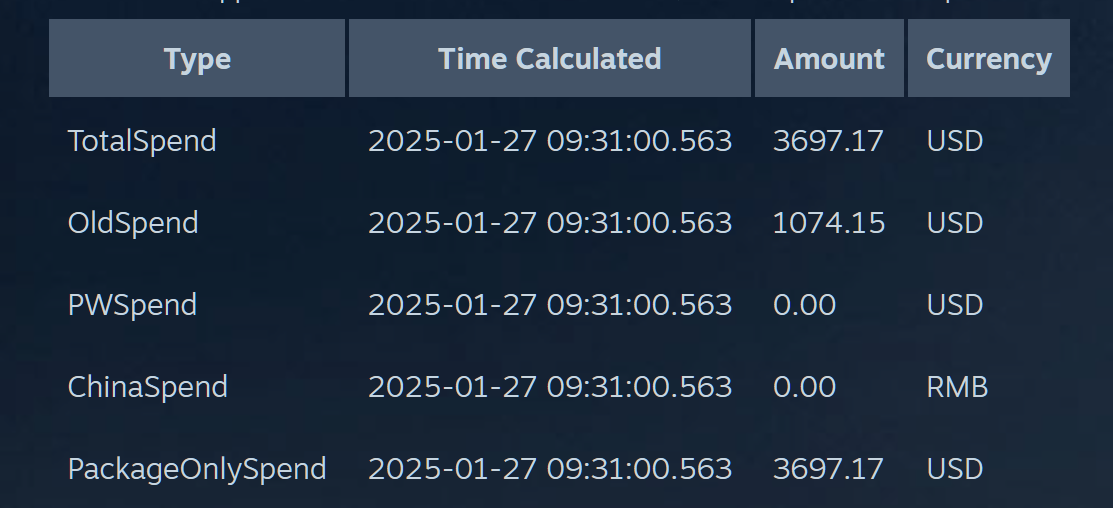This hidden Steam tool shows exactly how much money you've spent on the platform
In brief: Do you ever look at your extensive Steam library, including all those games you bought in sales but never got around to playing, and wonder how much money you've spent in total? The good – or bad – news is that there's a buried tool within Valve's platform that tells you precisely how much money you've handed over, including microtransactions and DLC.
While there are ways to find the estimated value of a Steam account, such as the Steam Calculator, the platform itself can show users the exact amount they spent since opening their account.
As pointed out by Reddit user trotski94, you can discover the chilling figure by going to the Steam client and navigating to Help > Steam Support > My account > Data related to your Steam account > External funds used.
The figures are a sum of external funds that have been applied to your Steam account, either to purchase games on the Steam store or fund your Steam Wallet.
Steam also offers a way to see where all that money went. To see your entire Steam purchase history, go to Help > Steam Support > My account > Data related to your Steam account > Purchase history. Or you can go directly to this page.
My total is $3,697, though the real spend would have been slightly higher – I joined Steam after purchasing Half-Life 2 in 2004 but opened a new account in 2009.
My total spend pales in comparison to some of the figures posted to Reddit. One person has spent $14,842, but the biggest spender in the thread has somehow spent $26,437 on Steam games over the years.
There will be even bigger spenders, of course. Last summer, it was estimated that a user called stasik had spent anywhere from $500,000 up to $700,000 to gain the highest-level Steam account in the world: level 5,960.
For most people, the actual amount they've spent on video games over their lifetimes will be even higher than what Steam shows. Many of us spent a lot of money on physical titles before Valve helped render them obsolete. Then there are the pre-PC computers and consoles, not to mention other current storefronts like the Epic Games Store and GOG. Still, nobody said this was a cheap hobby.
h/t: PCGamer
// Related Stories


